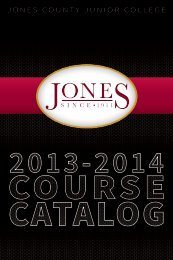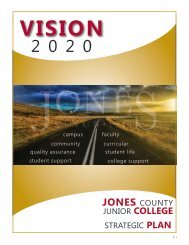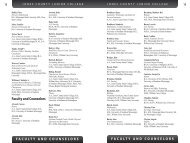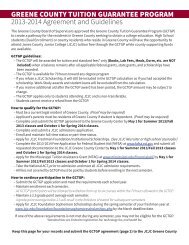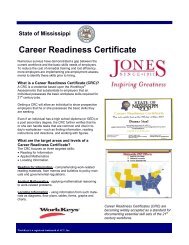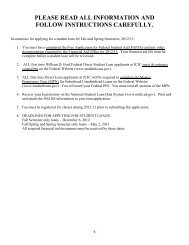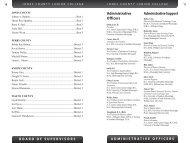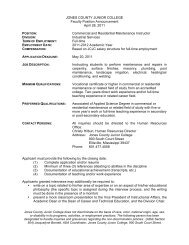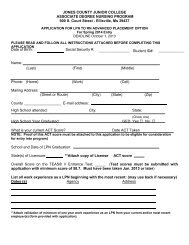SCRMC Patient Safety Module
SCRMC Patient Safety Module
SCRMC Patient Safety Module
You also want an ePaper? Increase the reach of your titles
YUMPU automatically turns print PDFs into web optimized ePapers that Google loves.
Immune suppressed or otherwise predisposed to infections. These patients are<br />
protected from others who might introduce an infection to them. They are<br />
placed in a well-ventilated room and strict hand hygiene should be used when<br />
providing care to these patients. Masks are worn to protect the patient from<br />
the health care provider’s respiratory droplets.<br />
If any patient is transported from an isolation area to another area of the<br />
hospital, inform the receiving department of the protective steps needed while<br />
the patient is in their care. The patient may need to wear a mask during<br />
transport if droplet or airborne precautions are in effect.<br />
Two of the more common healthcare associated infections nationwide are<br />
UTI’s (urinary tract infections) and pneumonia. Most UTI’s occur in<br />
patient’s with a foley or indwelling catheter. The best preventive action is to<br />
discontinue the catheter as soon as possible. In addition to strict aseptic<br />
technique during insertion, other measures that may decrease or prevent a<br />
hospital-acquired UTI are as follows:<br />
- using strict hand hygiene when touching any part of the catheter,<br />
- stabilizing the catheter to prevent movement in and out of the urethra,<br />
- positioning the tubing along the length of the bed to prevent<br />
dependent loops,<br />
- positioning the drainage bag at the foot of the bed,<br />
- maintaining a closed system,<br />
- preventing the exit portal of the bag from touching the floor, and<br />
- providing catheter insertion site care at least twice a day and PRN<br />
Healthcare associated UTI’s cost extra money for treatment as well as<br />
extra patient care days. Proper insertion and maintenance is essential to<br />
reducing this infection.<br />
Another frequently occurring healthcare associated infection is pneumonia.<br />
Many of our patients are elderly and any cause for immobility increases the<br />
risk of acquiring pneumonia. <strong>Patient</strong>s should be turned frequently,<br />
encouraged to cough and deep breathe, and become as active as possible as<br />
soon as possible. Care in feeding should be taken to avoid aspiration. Head<br />
12



